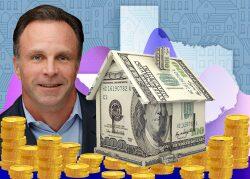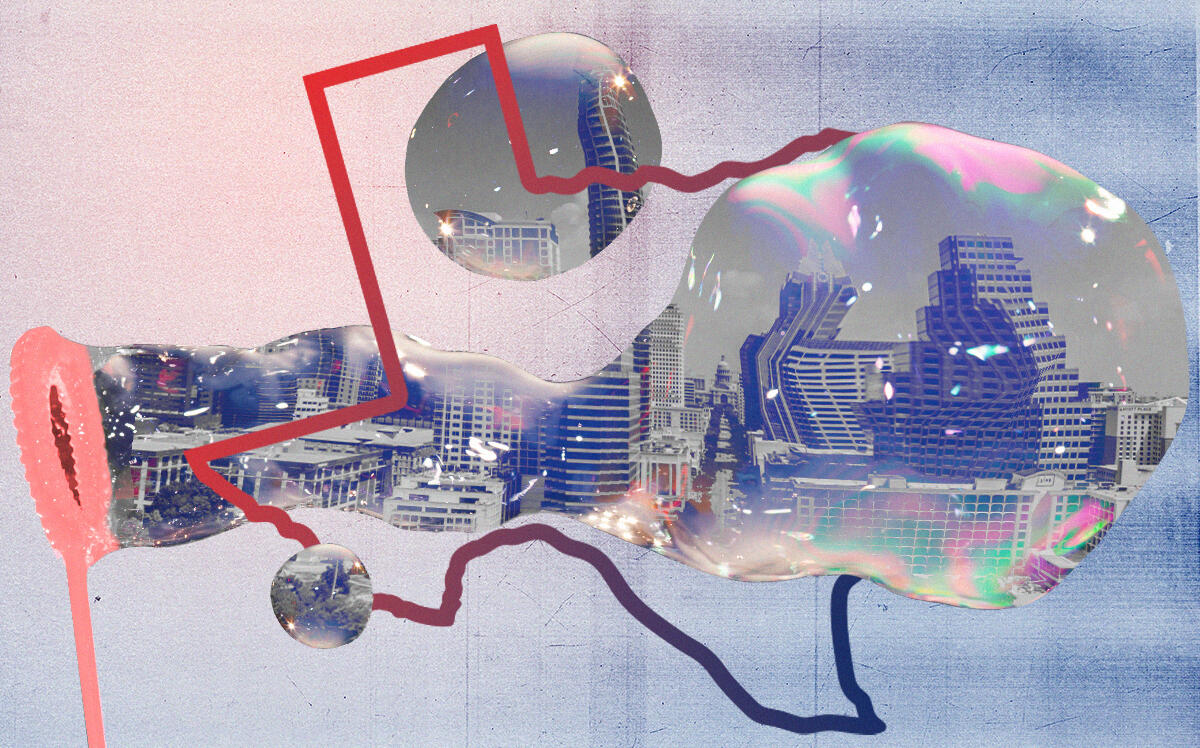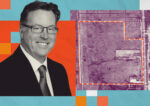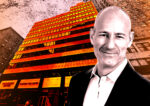 Texas mortgage refi closing costs among nation’s highest
Texas mortgage refi closing costs among nation’s highest
Trending
Austin’s home price gains have outpaced wage growth faster than any U.S. city
Housing bubble appearing in a handful of cities

If you’re looking for the next U.S. housing bubble, Austin is a good place to start.
The Texas capital is among a handful of overvalued cities where housing costs have surged, Nicholas Gerli, CEO of Reventure Consulting told Business Insider. Sooner or later, those cities are due for an adjustment.
“The simplest way to think about it is that home prices are at an all-time high today, both in nominal terms and adjusted for inflation,” Gerli told the outlet during a phone interview. “For most of the last 130 years, home prices adjusted for inflation are very stable — they don’t really go up much because the housing market is fundamentally linked to inflation and wages.”
“When there’s then a deviation in home prices above inflation and wages, that’s historically the sign of a bubble,” Gerli suggests.
Read more
 Texas mortgage refi closing costs among nation’s highest
Texas mortgage refi closing costs among nation’s highest
To estimate the U.S.’s largest real estate bubbles, Gerli identified the 15 markets with the highest growth in annual costs (mortgage payments and property taxes) between April 2020 and April 2022. Austin topped the list with a whopping 93.5 percent increase in annual costs over the last two years, making annual house payments in the relatively small city more expensive than anywhere in the New York metropolitan area. Though housing costs doubled during this time, wages in the Texas capital only grew 7 percent— leading Gerli to believe that the city is currently in a housing bubble.
During the last housing crash, Austin home prices only dropped 4 percent. Now, with their current sky-high levels, they might be in for a bigger, more abrupt drop.
“When you do that calculation of home prices to inflation and wages locally, you see that there’s certain areas of the country which are more fundamentally supported today while there’s certain areas of the country that are really leading that bubble,” he explained. “I would say it’s like 15 to 20 different markets that are responsible for most of that growth over the last three to four years.”
Austin’s not the only Texas city with potential housing bubble woes. In March, the Federal Reserve Bank of Dallas issued a warning about that city’s unsustainable rate of house-price appreciation. The agency cautioned that purchases driven by “FOMO” – fear of missing out – and heightened expectations of house-price gains could result in the housing market “becoming progressively misaligned from fundamentals until investors become cautious, policymakers intervene, the flow of money into housing dries up and a housing correction or even a bust occurs.”
[Insider] — Maddy Sperling




